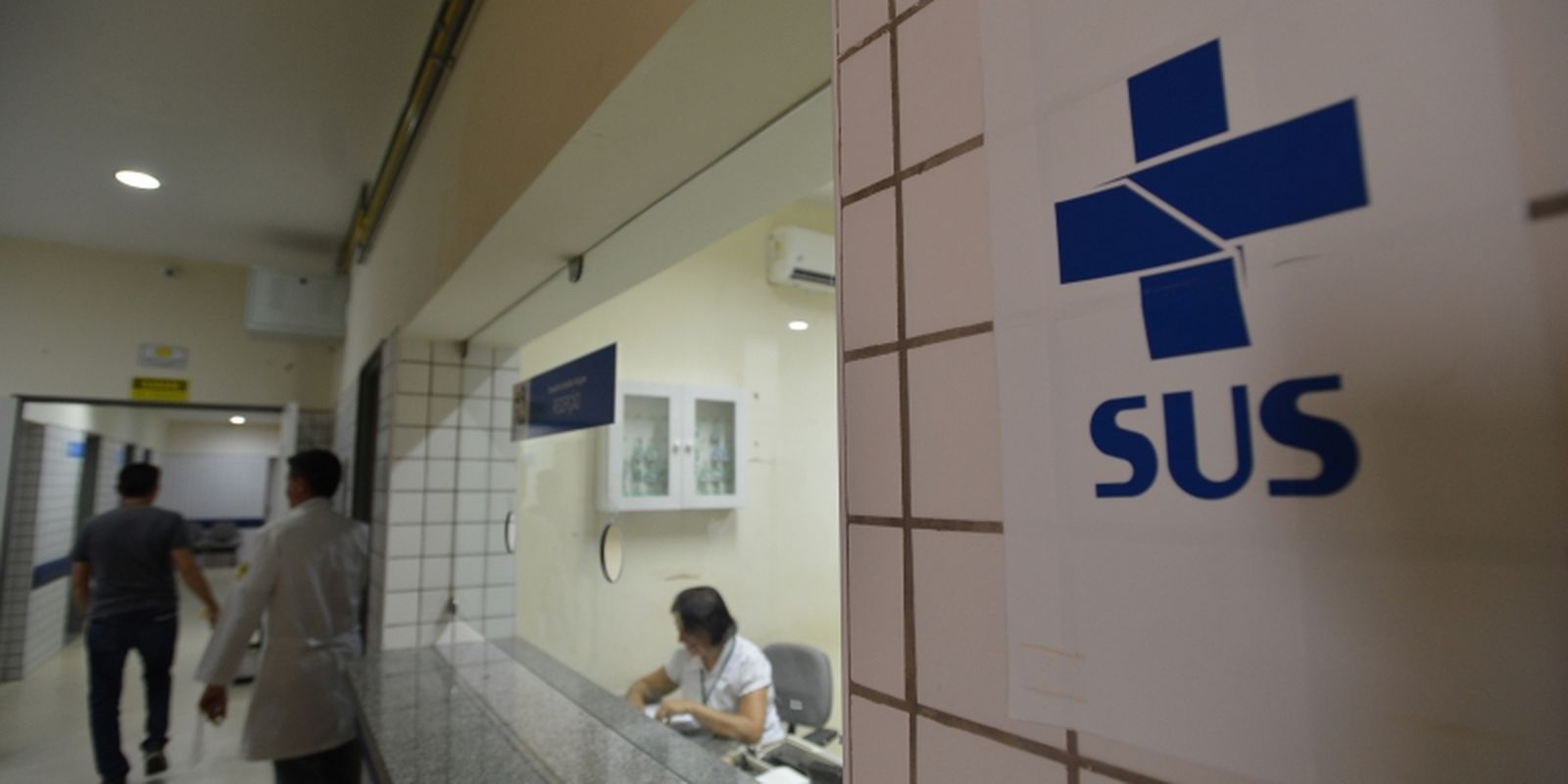In the context of the celebrations of Black Consciousness Day, celebrated for the first time as a national holiday this yearthe Joaquim Venâncio Polytechnic Health School, from the Oswaldo Cruz Foundation (Fiocruz), and the Fiocruz Virtual Campus launched the free online course Racial literacy for SUS workers. The training, focusing on workers in the Unified Health System (SUS), seeks to raise awareness of the need to deconstruct racist practices and promote diversity and equity in the health field. 
Coordinated by professors Regimarina Reis and Letícia Batista, from the polytechnic school, the initiative is the result of a partnership between the institution and the federal universities of Bahia (UFBA), Maranhão (UFMA), Rio de Janeiro (UFRJ) and Fluminense (UFF ), with support from the Ministry of Education (MEC).
During the training, topics such as the relationship between racism and health as a right in Brazil and anti-racist practice as a principle of health work will be addressed. The objective is to recognize and question stereotypes, prejudices, discrimination and racial injustices.
Training
Professor Regimarina Reis said that the course is the result of a set of research developed and coordinated in partnership with professor Letícia Batista, from UFF, and professor at the Federal University of Bahia Marcos Araújo.
“We developed the course based on the unquestionable evidence that the black population is disproportionately affected by social inequalities in Brazil”, he explained.
Deputy coordinator of the course, Letícia Batista highlights that “racism is a social production and its action also impacts the SUS, reproducing health inequities”. The researcher reinforces that training does not only seek to recognize racism, but to strengthen the production of anti-racist actions within the scope of health policies.
The training is the first developed within the scope of the Inova Educação – Open Educational Resources notice, an initiative by Fiocruz. The course is open to anyone interested in the topic and can be adapted and used in other materials.
“It is in this sense that we understand the importance of the course, as an introductory training process, with national coverage, which affirms and disseminates the place of the racial issue in understanding social relations and the processes of health and illness in the country. Racism is a central obstacle to the realization of health as a right in Brazil, and must be faced”, summarizes Reis.
“With racism there is no health, with racism the principles of the SUS are unrealizable in their entirety. The expectation is that more training initiatives and anti-racist practices can be carried out at national and local level”.
Racial literacy
In Brazil, 55.5% of the national population identifies as black with 45.3% (92.1 million) self-declared brown and 10.2% (20.7 million) black. The data are from the 2022 Demographic Census, carried out by the Brazilian Institute of Geography and Statistics (IBGE). Even though they represent the majority of the population, black people still have less access to health services in the country, especially compared to white people.
Only 74.8% of black people and 73.3% of brown people consulted a doctor in the 12 months prior to the publication of the National Health Survey 2019also carried out by IBGE, in agreement with the Ministry of Health. Among white people, this proportion increases to 79.4%.
“The fact is that black women and men in the country live in worse housing, have less access to education, have worse health conditions, receive the lowest salaries, occupy fewer positions of power, are more incarcerated, among other social indicators that highlight the substandard -black representation, in relation to the white population. This reflects the formation process of Brazilian society, which is strongly anchored in racial hierarchies and has structural racism as a technology of power”, reflects Reis.
For the coordinator, Brazilian society is built on structural racism, which organizes and guides the daily lives of black and white people. In the report, she highlights that this form of discrimination is present not only in interpersonal relationships, but also in public institutions, including the SUS.
“The racism present in society is also produced and reproduced in health organizations, in health work and in the training of health workers”.
Reis also points to the neglect of debates on the topic throughout the training of health workers. “Racism promotes individual and collective illness, despite this, racial issues are not addressed in the training of health workers, nor in work processes. There is a ban on this discussion in all professional categories and training levels in health”.
To date, the training has around 7 thousand registered, from all 27 units of the Federation.
* Intern under the supervision of Vinícius Lisboa















